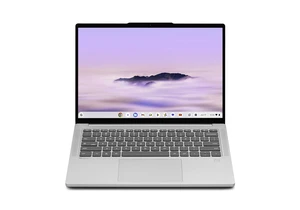Under new Chancellor Friedrich Merz, Germany could impose a new 10 percent tax on major online platforms such as Google and Facebook. Reuters reported that political factions in the country struck a deal earlier this year to pursue these fees for digital service companies.
"These corporations do billions in business in Germany with extremely high profit margins and benefit enormously from the country’s media and cultural output as well as its infrastructure — but they pay hardly any taxes, invest too little, and give far too little back to society," Germany's Culture Minister Wolfram Weimer said of the draft rule during an interview with the magazine Stern.
Other nations around the world have also explored and enacted taxes on online revenue generated by the largest internet tech companies. Britain, France, Italy, Spain, Turkey, India, Austria and Canada have similar legislation to the draft rule Germany's culture minister is proposing, according to Reuters.
If the tax is passed, Germany could see retaliation from President Donald Trump's administration. Trump had said in February that he would seek tariffs on nations that impose a digital service tax on US tech businesses.
This article originally appeared on Engadget at https://www.engadget.com/big-tech/germany-is-considering-a-10-percent-digital-service-tax-on-us-tech-giants-195705330.html?src=rss https://www.engadget.com/big-tech/germany-is-considering-a-10-percent-digital-service-tax-on-us-tech-giants-195705330.html?src=rssLogin to add comment
Other posts in this group

Amazon Prime Day has been a summer mainstay for years at this point and this year is no exception. Prime Day will r

The first thing in F1 the Movie, before a single word of dialog is uttered, is a pair of AirPods Max. They're so comfortable, Brad Pitt's lovable loser protagonist Sonny Hayes is able to s



Noise-cancelling headphones are a must-have for anyone who travels often and wants to drown out airplane noise, commuters who want some peace and quiet amongst the crowds and anyone else looking to

For years now, most Chromebooks have run some variety of Intel or AMD processor. The occasional device used a MediaTek chip, but they were often underpowered and cheap devices that were hard to rec

